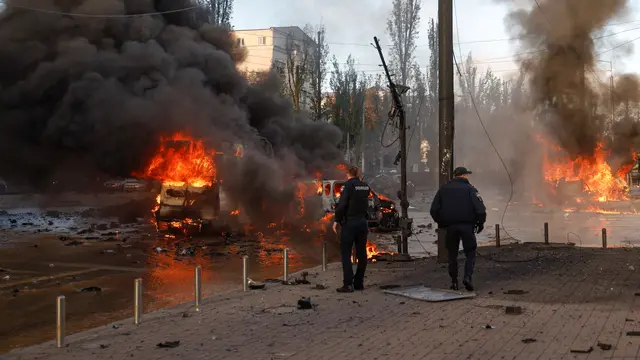Top Thai ruler Gen. Prayuth Chan- ocha, who has been unanimously chosen Thursday as Thailand's 29th prime minister by the interim legislature, will likely stay in power for only a year during which time the reforms in government that the military has initiated would have taken effect.
This was the assurance that Prayuth himself has given after the army seized power through a bloodless coup on May 22, toppling the civilian government led by deposed Prime Minister Yingluck Shinawatra.
The general was chosen as the non-elected premier by overwhelming votes by the interim national assembly whose members he himself has handpicked.
As the new prime minister, Prayuth, who remains as the head of the National Council for Peace and Order (NCPO), will appoint members of his cabinet to help him run the country.
"The country today is in need of a resolute and strong leadership and Gen. Prayuth obviously fits in such category," said Gen. Noppadon Intapanya, former secretary to the defense minister and current member of the 197-person legislative body, a small majority of which are military officers, either currently active or retired.
Many people welcomed Prayuth as head of the interim government although his selection to a civilian post was done under an undemocratic fashion, according to opinion polls conducted by a few Bangkok universities.
What made many Thais comfortable, according to some analysts, is that Prayuth has repeatedly assured the nation that the interim government will only stay for about a year after which a nationwide election will be held, followed by the setting up of an elected government sometime next year based on a prepared roadmap drawn by the ruling military junta.
Prayuth has pointed out that the NCPO, the official name of the junta, will continue to exist alongside the interim government primarily to help with national security affairs.
He publicly admitted that he does not know much about economic and financial matters but said that some competent civilians will be tapped to handle these matters.
The general continued to caution that some elements could still be trying to undermine the reforms that the military junta is instituting.
"Political conflict is still hidden out there. We have to put an end to it once and for all. Who will argue that there is no more conflict among opposing sides of society? (Anti-coup) elements are probably waiting to strike back once the opportunity arises," he recently told the non-elected members of the interim parliament.
Prayuth has clearly set his goal of solving the country's political ills which he said had plagued the country for the past decades. This political infighting has resulted in the series of mass protests in Bangkok streets that at times have turned violent and disruptive, causing instability and affecting the country's economic growth.
While some observers have said that the military-installed interim government will not have enough time to achieve total reconciliation and install reforms in the bureaucracy and the political system, one analyst said that the promised nationwide election would be a reassurance that the military will not perpetuate itself in power and the country would eventually be returned to civilian rule.
 简体中文
简体中文










